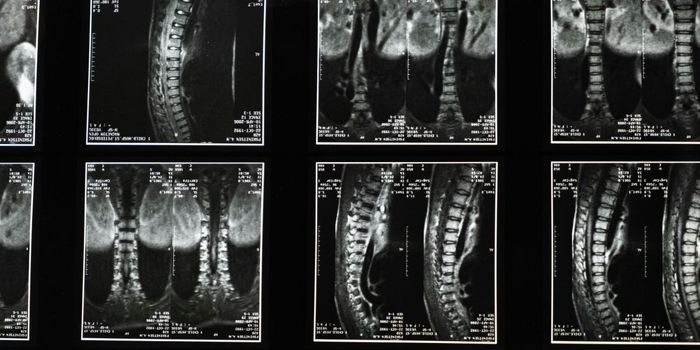The Link Between Parental Leave and Mental Well Being
Parental leave promotes better mental health, particularly among mothers. Researchers from the Department of Public Health Sciences at Stockholm University and the Department of Global Public Health at Karolinska Institutet investigated the relationship between parental leave and mental health. They concluded that parental leave reduced depressive symptoms, psychological distress, and burnout among parents. The beneficial effects were especially pronounced for mothers and have lasting impacts that continue into later life.
The researchers used five online databases and identified 45 studies to include in their review. They looked for a connection between different aspects of parental leave, such as length of leave and whether the leave was paid or unpaid, and recorded associations with mental health assessments in both parents.
Child-care costs, career uncertainties, and financial pressures are common factors that can exacerbate mental health issues. First author Dr. Sol P. Juarez explained that “This is perhaps why mental disorders after childbirth are relatively common, it is usually said that 10 to 20 percent of the mothers and up to 10 percent of the fathers are affected.” Although the findings on fathers were inconclusive, the research suggests that fathers also experience improved mental health with generous parental leave policies.
A growing body of research has confirmed the various benefits of parental leave. Parental leave also promotes a stronger bond with a child as well as many other benefits such as employee satisfaction, morale, and work productivity. Countries with high gender equality and high life satisfaction, like Norway, Finland, and Iceland rank high in the global gender gap index. Over 70% of fathers in these countries take parental leave. The review provides valuable guidance for the development of family and workplace policies that support the wellness of growing families.
Sources: Eureka News Alert, Global Gender Gap Report, The Lancet Public Health








